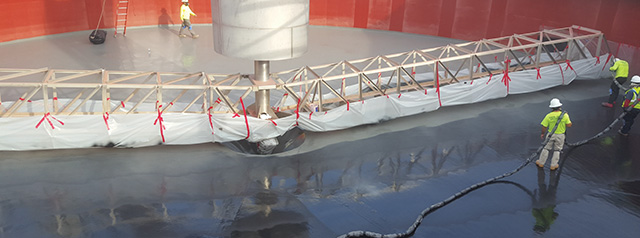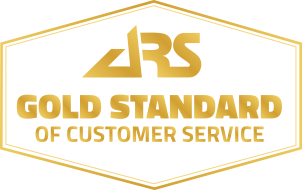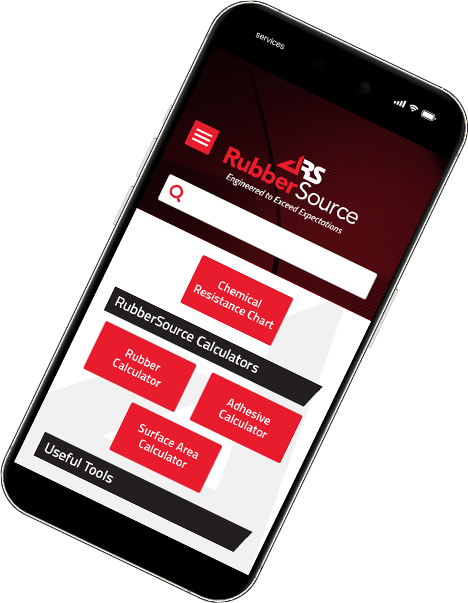RS-GEOTEXTILE
RS GeoTextile Polyurea Sprayed Containment Liner is a pre-sprayed composite panel system comprised of non-woven polypropylene geotextile and a 100% solids pure polyurea membrane system. RS GeoTextile may be used by itself or in combination with other materials to produce wearing courses and resilient surfaces on a variety of substrates. RS GeoTextile membrane panel systems are inert; panel components will not hydrolyze, leach, or contaminate other materials, and surfaces are bondable and paintable. RS GeoTextile panel systems are relatively moisture and temperature insensitive, allowing installation in the most problematic ambient conditions. Standard RS GeoTextile panels utilize a 6 oz. geotextile to insure durability and protect against handling damage. The standard 15’ (15.24m) X 40’ (12.2m), 600ft2 (55.74m2) panels weigh approximately 200 pounds (90.71kg) and can be conveniently moved and handled by the field crew. The approximate 4” (10.16cm) – 6” (15.24cm) seaming edge strips provide sufficient overlap to allow quality installation even in the most difficult geometries. Panels up to 15’ (15.24m) X 75’ (22.86m) , 1,125ft2 (104.51m2) are available.

Properties
Fabric Burst Strength (ASTM D751): 4,300 – 4,600 psi (302.31-323.41kg/cm²)
Puncture Resistance (ASTM D751): 95-110 lbs (43.09-49.89kg)Open to Use: 1 hour
Tensile Strength (ASTM D638): 1000-1200 psi (70.3-84.3kg/cm²)Elongation at Break (ASTM D638): 320-400%
Tear Strength (ASTM D624): 355-385 lbf/in (63.39-68.75 kgf/cm)Hardness Shore D (ASTM D2240): 35
Tabor Abrasion, 1000 revs, H-18 (ASTM D4060): 180 mg wt loss
Typical Uses
Water ponding
Secondary Contain-ment
Unrepairable concrete
Below/Above grade water proofing
Water and Wastewater treatment
Lift station manholes
Wet wells
Penetration and termi-nations
Advantages
100% Solids, no VOCs
Ease of installation
Tough, Seamless Elas-tomeric membrane
Pre-manufactured in automated controlled environment
Excellent thermal sta-bility Minimal downtime
Flexible in colder tem-peratures
Good UV Stability
Low permeance rate
No need for heat weld-ed seams






